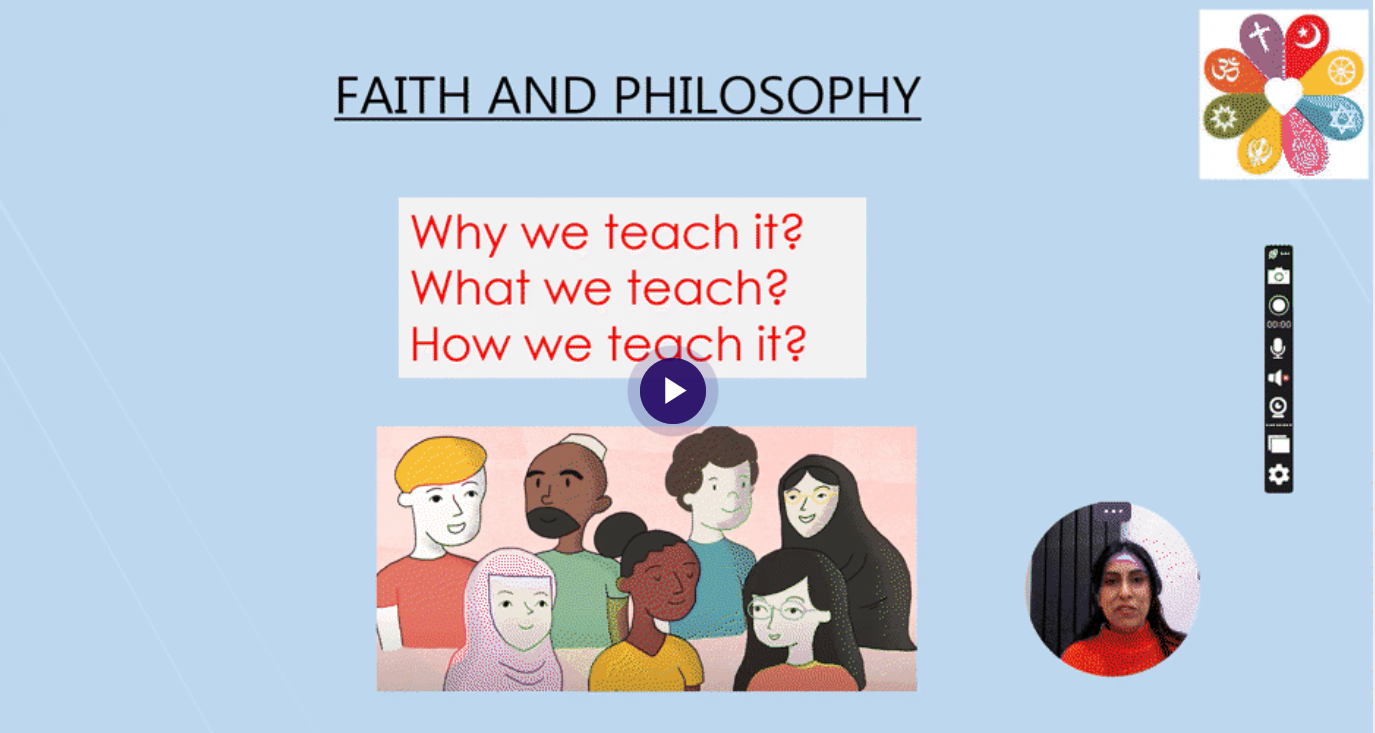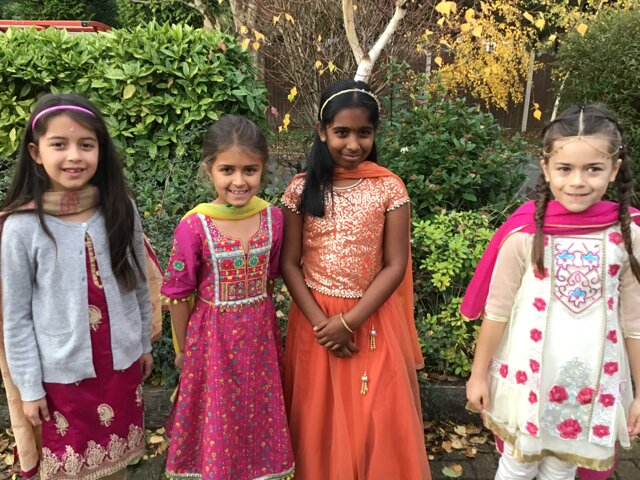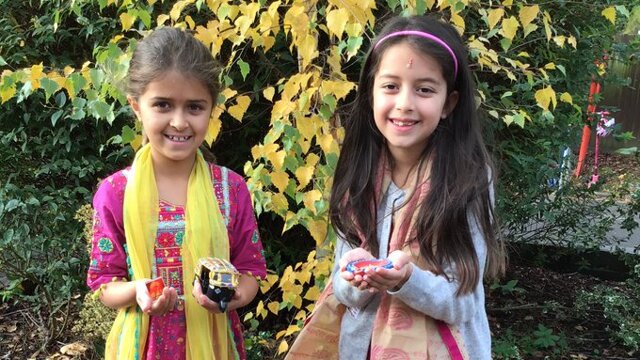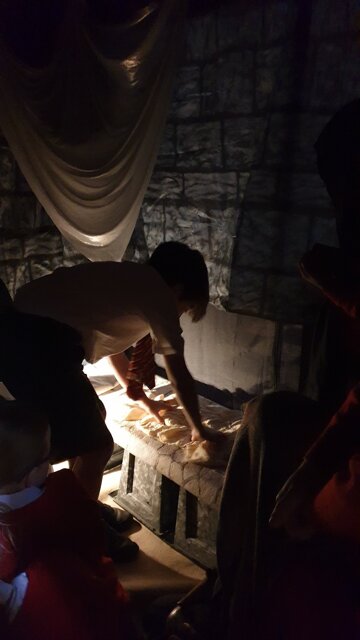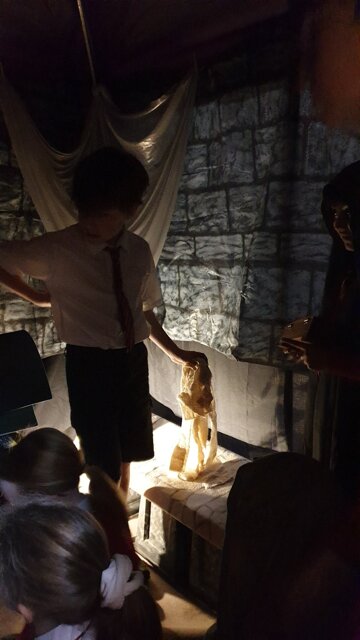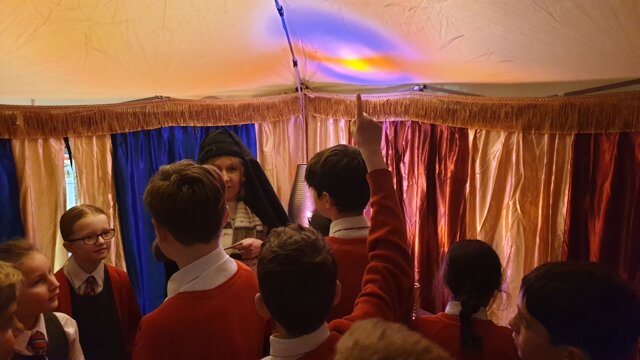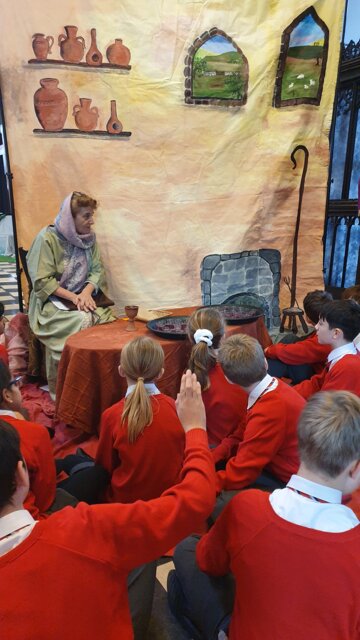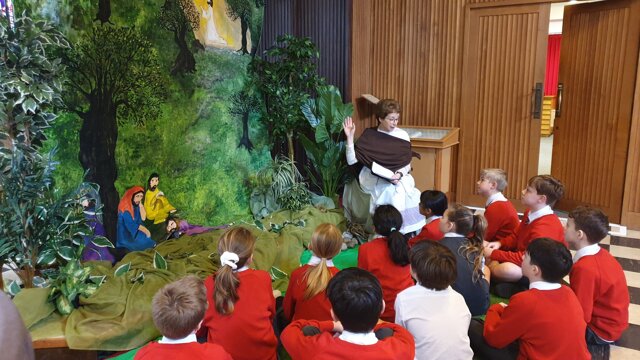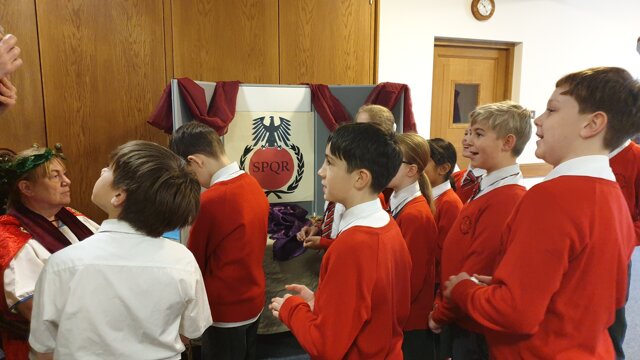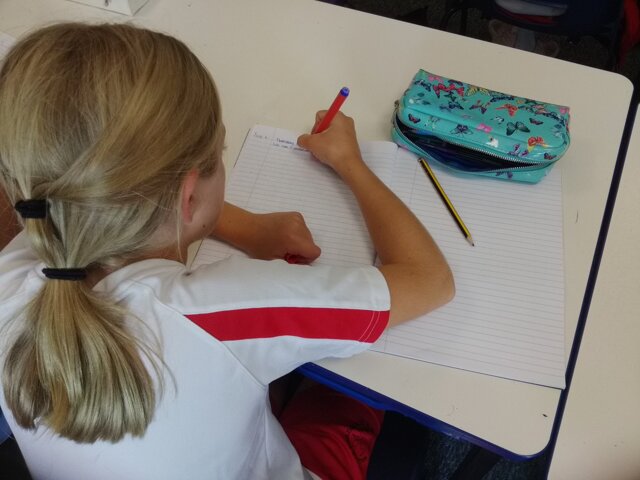Welcome to Faith and Philosophy (RE) at Wallace Fields Junior School
Religious Education, known as Faith and Philosophy at our school, is designed with a clear intent, thoughtful implementation, and meaningful impact, all driven by the hard work of our teachers and staff. Through carefully crafted lessons, teachers encourage students to reflect on their own beliefs while respecting others, fostering a deeper understanding of values and diverse perspectives. The curriculum is implemented with creativity and care, providing opportunities for children to explore big questions and reflect on their place in the world. This approach helps students develop empathy, resilience, and a sense of belonging. Please find your year group and long-term overview of the curriculum in the pages below.
Faith and Philosophy progression map
Please see below a video about Faith and Philosophy Why we teach it? What we teach? How we teach it?
https://screenrec.com/share/4HFhuqTroe
Faith and Philosophy Summary
What is our intent?
Our intent in teaching RE, as outlined in the Surrey Agreed Syllabus, is to develop both knowledge and understanding of religions and worldviews, as well as the ability to express ideas, beliefs, and insights. We aim to help students explore and analyze religious and non-religious beliefs, teachings, and practices while encouraging critical thinking by investigating sources of wisdom and their significance. Through this, students will foster an appreciation of diverse ways of life and expressions of meaning. Additionally, we seek to enable students to articulate how beliefs shape individuals and communities and support personal reflection on identity, diversity, and ethical issues. This approach ensures that students engage thoughtfully with religion and belief, developing respect, understanding, and critical insight.
How do we implement this?
Our RE and Faith and Philosophy curriculum, based on the Surrey Agreed Syllabus, encourages personal reflection and critical thinking. Each lesson begins with a thought-provoking learning question, prompting children to explore their own values before learning about a religion and reflecting on its impact. This approach helps them engage with life’s big questions, many of which they raise themselves.
The curriculum covers key themes such as the nature of God, religious symbolism, sacred texts, and personal expressions of faith. Students explore major world religions, including Christianity, Buddhism, Sikhism, Islam, Judaism, and Hinduism, alongside comparative and seasonal units. Lessons are taught as philosophical explorations rather than absolute facts, encouraging all students, including those with non-religious beliefs, to reflect and contribute. Their thoughts are recorded in Faith and Philosophy (FAP) books, fostering deeper understanding and engagement.
What impact has our curriculum had?
Faith and Philosophy has increased engagement with RE, encouraging children to see it as a reflective tool for shaping their own beliefs while respecting and celebrating those of others. It highlights that even those without religious faith have morals and values, fostering exploration of their origins and significance. Through learning about different faiths, children develop an understanding of British, school, and personal values, feeling included in a diverse and nurturing community.
This approach nurtures curiosity, empathy, and tolerance, helping children appreciate their unique place in the world. They build resilience, show respect for other faiths, and stay true to their own values. In challenging times, our innovative approach to RE has proven essential in enriching children’s spiritual, moral, social, and cultural development, preparing them to thrive in all aspects of life.
National Curriculum
To find out more about the national curriculum for Religious Education in Key Stage 2 that the school is following click here.
